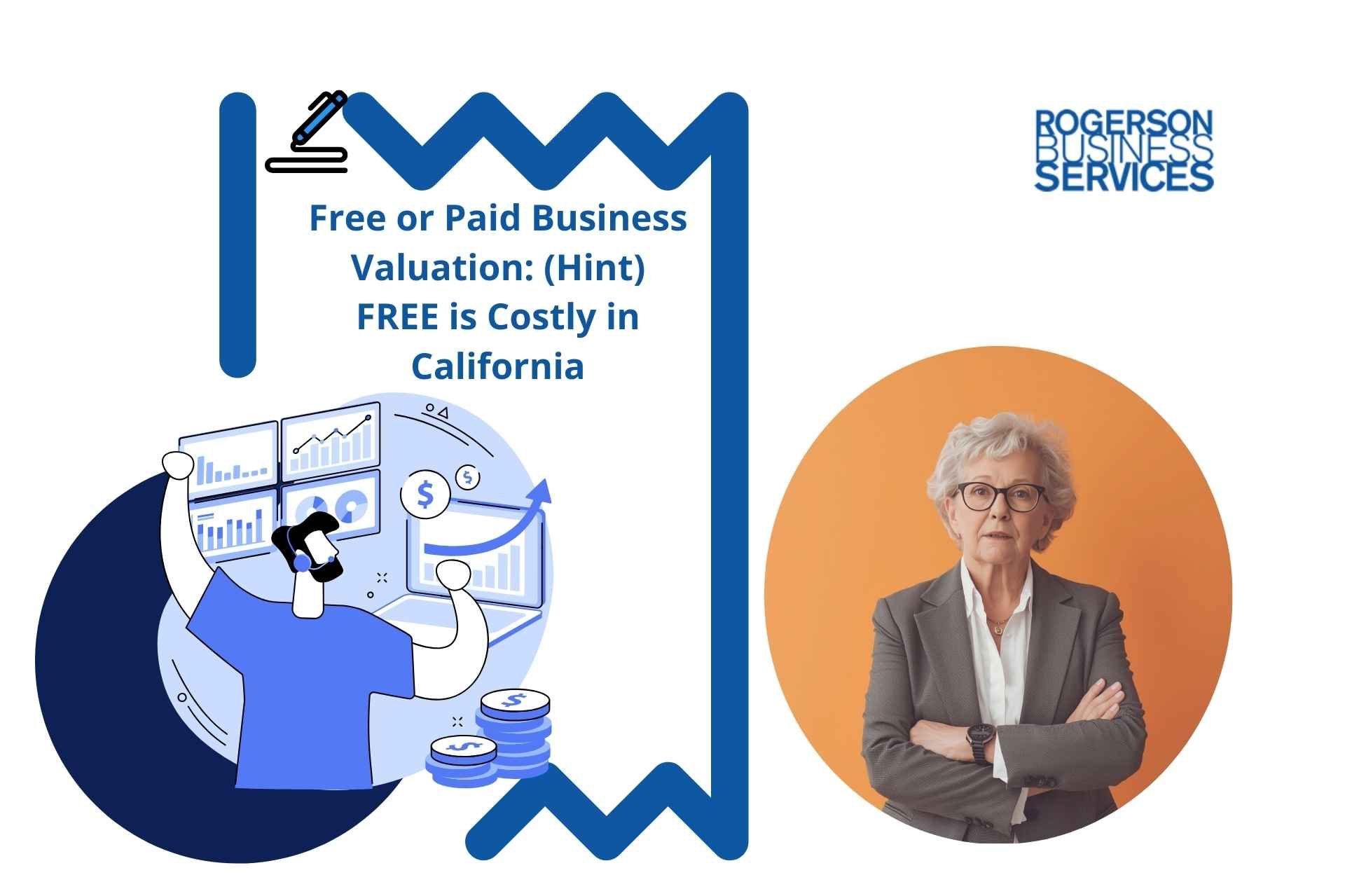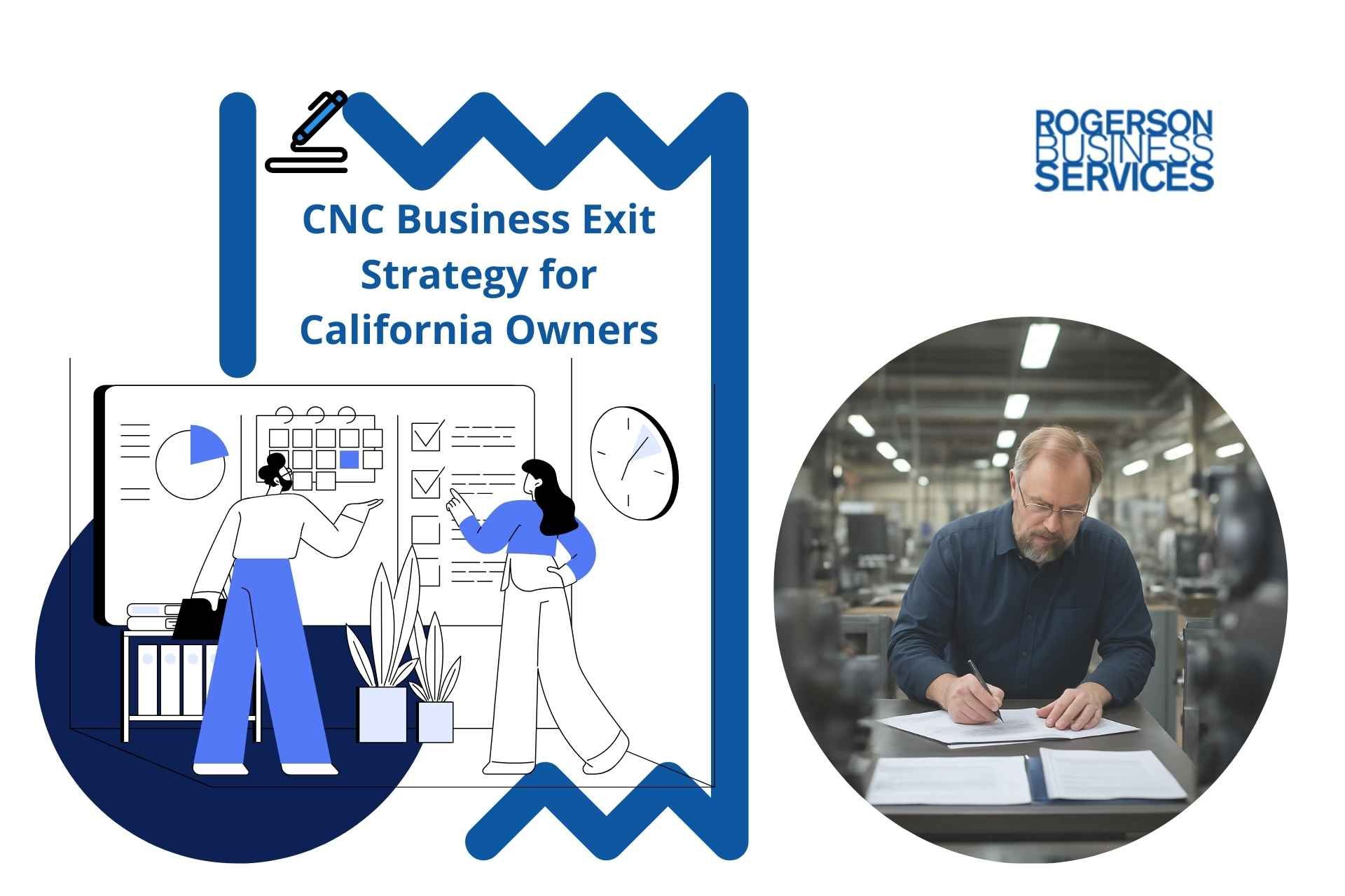How to Avoid Buy-Sell Agreement Pitfalls
What is a Buy-Sell Agreement?

A buy-sell agreement is a pre-designed roadmap or playbook that can help address a number of issues at a critical time in the life of a business.
A buy-sell agreement allows business partners or corporate shareholders agree to the terms and conditions of a future sale before it happens… the contract provides specific directions on what will happen in certain scenarios. The agreement is ideal for the transfer of ownership interest in a disruptive situation like a partner’s death or disability, an owner’s retirement, termination of employment, bankruptcy, or divorce (which may mean the transfer of ownership to a spouse). The buy-sell agreement provides an owner with a prepared market for his or her business interest, resolution of any estate liquidity issues, and a guide to the purchase price of the business interest. Most importantly, a buy-sell agreement can help to avoid or eliminate disputes and questions about these issues.
Major components in a buy-sell agreement
Assumption of Liability
It’s not uncommon for a new owner to inadvertently become entangled in the issue of successor liability. In 1973, the Supreme Court decided that the buyer of a business who knew about an unpaid wage claim that wasn’t resolved before the close was still required to reinstate the employee (who wasn’t hired by the buyer). Plus, both the buyer and seller were jointly responsible for that employee’s back pay. It didn’t matter that the buyer hadn’t been told about the lawsuit by the seller because the buyer had hired the seller’s manager and required that he work for the buyer for a year as a term of the deal. The Supreme Court said that an inference that the manager told the buyer about the lawsuit wasn’t unreasonable even if strict agency principals wouldn’t impute the knowledge of the manager to the buyer before the transfer.
Indemnity
A buyer can insulate itself from a seller’s liability with an indemnity clause. These typically include liability arising out of a seller’s business operations before the close, environmental liability, and any breach of warranties and representations. At the same time, the seller’s indemnification is similar, indemnifying him or her from liability arising out of operation of the buyer’s business after closing, breach of warranties and representations, along with environmental liability caused by the buyer. Note that a seller who is selling stock shouldn’t agree to personally indemnify for corporate liabilities.
Taxes
Taxes can also be a potential problem because there are in some instances a corporate obligation and in others, a personal liability. In addition, the buyer must examine the tax consequences of the transaction itself. For example, if the business is an S-corporation, its shareholders pay taxes on income even if it’s not distributed to them. That’s because an S-Corp is a pass-through entity, which differs from a traditional corporation (C-Corp).
Warranties and Representations
Warranties and representations are also an important aspect of any business transfer. However, these two elements have a more significant part in a stock transfer because they dictate the rights and liabilities of the parties. So, if a seller has provided a warranty and representation that financial statements accurately show the financial condition of the business but has failed to give the owner a right to withdraw earnings, the warranty and representation could be very costly to a seller.
M&A Due Diligence
The M&A due diligence obligations in a stock purchase situation will be much more extensive and complex than those for an asset purchase transaction. In addition to conducting a Phase I environmental review, a building inspection, and financial due diligence to be certain the business is what’s intended, the buyer should understand how assets were accounted for on the financial statements. This could drastically impact the purchase price of the stock…it may even create corporate liability for fraud.
A change to the purchase price may be warranted in some situations, such as when the seller has an aged inventory that’s been overstated on the financial statements or when year-end journal entries haven’t been made and it calls for adjustments for depreciation on fixed assets that may not appear on the financial statements.
A buyer who’s familiar with the business in general may not be aware if corporate formalities were followed. Failure to follow corporate formalities can mean alter ego liability. This can happen especially when a buyer is purchasing only a minority interest.
Summary
As simple as they may seem on the surface, this article shows that buy-sell agreements can solve many issues and should be considered in all transactions. Address these potential mine fields in advance with an experienced M&A Advisor like Sacramento’s Andrew Rogerson. He will help guide you to a safe transactional conclusion with experienced and careful exit planning, as well as thorough due diligence.
Hiring a lower middle market advisory firm can go a long way in helping you create an extensive market for your enterprise. An M&A Advisor also provides you with all the information you need, including how much taxes you have to pay during the selling process.
If you are a retiring business owner looking to exit your lower middle market business in California, here are five tips to get you started:
1. Don't wait until the last minute to start planning your exit. The process of selling a lower middle market business can take a long time, so it's important to start early.
2. Have a clear idea of what you want to get out of the sale. Know your goals and what you're willing to negotiate.
3. Choose the right type of buyer. Not all buyers are created equal, so do your research and find the right one for your business.
4. Be prepared for a lot of due diligence. M&A buy-side due diligence is when buyers will want to know everything about your business, so be ready to provide documentation and answer questions.
5. Be flexible with the terms and conditions of the deal. It's important to be open to negotiation to get the best possible deal for your business.
Rogerson Business Services, also known as, California's lower middle market business broker is a sell-side M&A advisory firm that has closed hundreds of lower middle-market deals in California. We are dedicated to helping our clients maximize value and achieve their desired outcomes.
We have a deep understanding of the Californian market and an extensive network of buyers, which allows us to get the best possible price for our clients. We also provide comprehensive support throughout the entire process, from initial valuation to post-closing integration.
Our hands-on approach and commitment to our client's success set us apart from other firms in the industry. If you consider selling your lower middle market business, we would be honored to help you navigate the process and realize your goals.
If you have decided to value and then sell your lower middle market business or still on the fence, get started here, or call toll-free 1-844-414-9600and leave a voice message with your question and get it answered within 24 hours. The deal team is spearheaded by Andrew Rogerson, Certified M&A Advisor, he will personally review and understand your pain point/s and prioritize your inquiry with Rogerson Business Services,
RBS Advisors.
Hey there! Can we send you a gift?
We just wanted to say hi and thanks for stopping by our little corner of the web. :) we'd love to offer you a cup of coffee/tea, but, alas, this is the Internet.
However, we think you'll love our email newsletter about building value and properly position your company before transition/exit your business ownership.
As a special welcome gift for subscribing, you'll also get our helping and educational guides, tips, tutorials, etc.. for free.
It's filled with the best practices for retiring serial business owners like Dan Gilbert, Larry Ellison, Warren Buffett, and many more.
Just sign up for our emails below.


